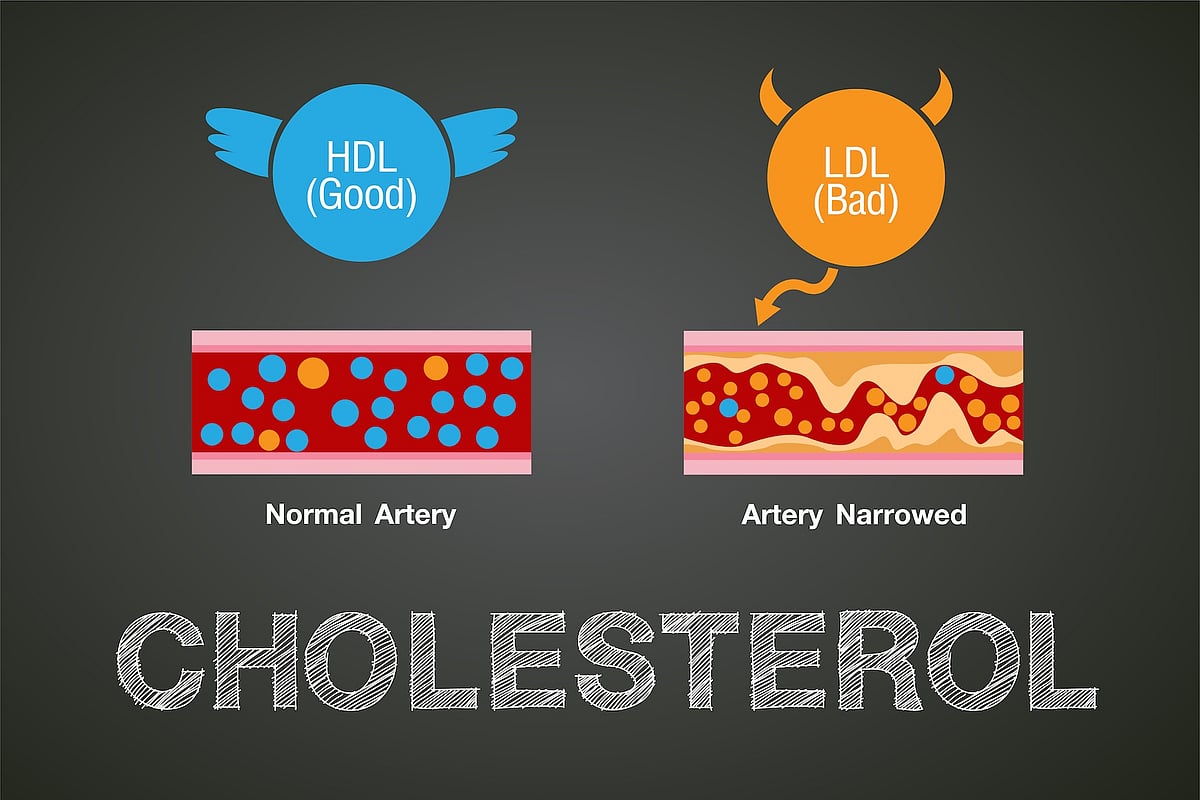
Statins are very cheap and highly effective cholesterol-lowering drugs — but high-risk heart patients may have an even better option, a new evidence review says. Combining statins with another drug, ezetimibe, significantly reduces the risk of death in patients with clogged arteries, according to findings published March 23 in Mayo Clinic Proceedings. Using a high-dose… read on > read on >





























